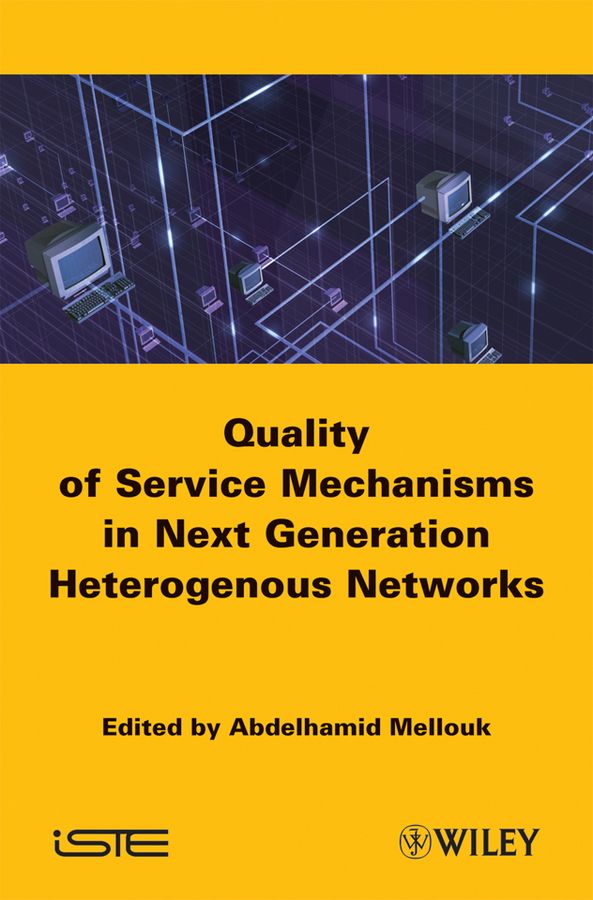A modern communication network can be described as a large, complex, distributed system composed by higher interoperating, smaller sub-systems. Today, the proliferation and convergence of different types of wired, wireless, and mobile networks are crucial for the success of the next generation networking. However, these networks can hardly meet the requirements of future integrated-service networks, and are expected to carry multimedia traffic with various Quality of Experience (QoE) and Quality of Service (QoS) requirements. Providing all relevant QoS/QoE issues in these heterogeneous networks is then an important challenge for telecommunication operators, manufacturers, and companies. The impressive emergence and the important demand of the rising generation of real-time Multi-service (such as Data, Voice VoD, Video-Conference, etc.) over communication heterogeneous networks, require scalability while considering a continuous QoS. This book presents and explains all the techniques in new generation networks which integrate efficient global control mechanisms in two directions: (1) maintain QoS requirements in order to maximize network resources utilization, and minimize operational costs on all the types of wired-wireless-mobile networks used to transport traffic, and (2) mix the QoS associated with home, access, and core networks in order to provide Quality of Service/Quality of Experience expected by users of new services.
End-to-End Quality of Service
₹13,753.00
Engineering in Next Generation Heterogenous Networks
This book is currently not in stock. You are pre-ordering this book.




